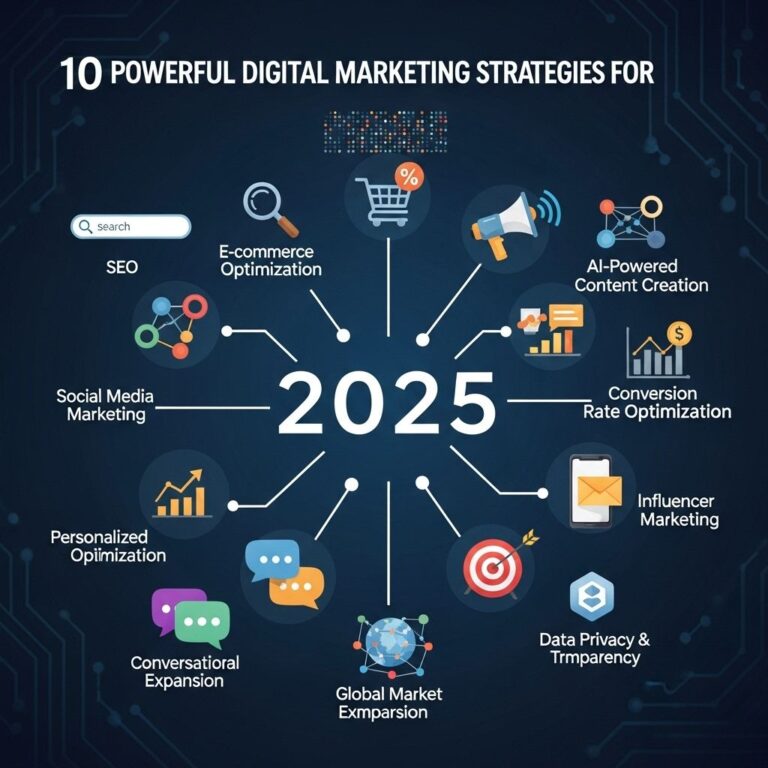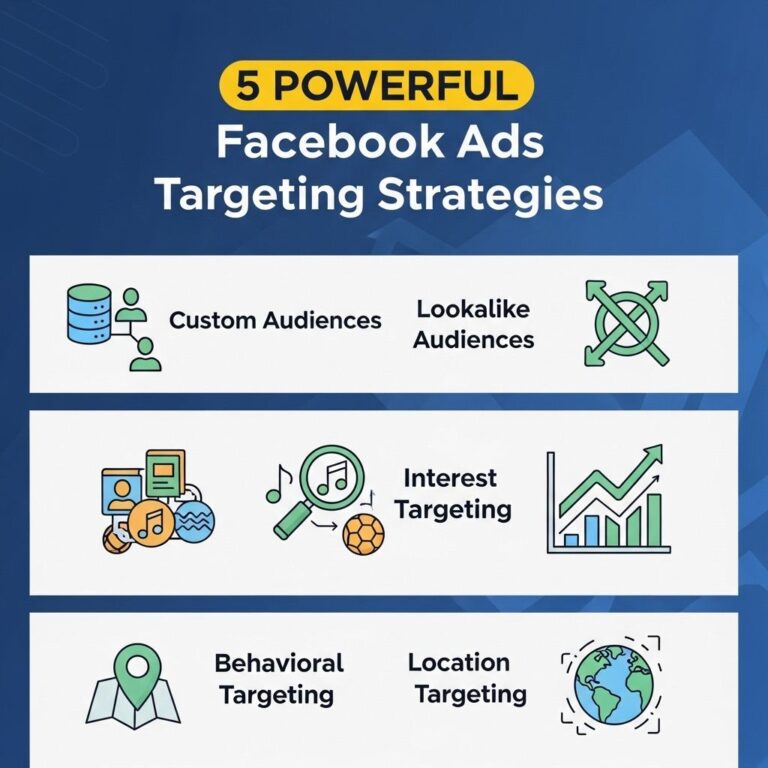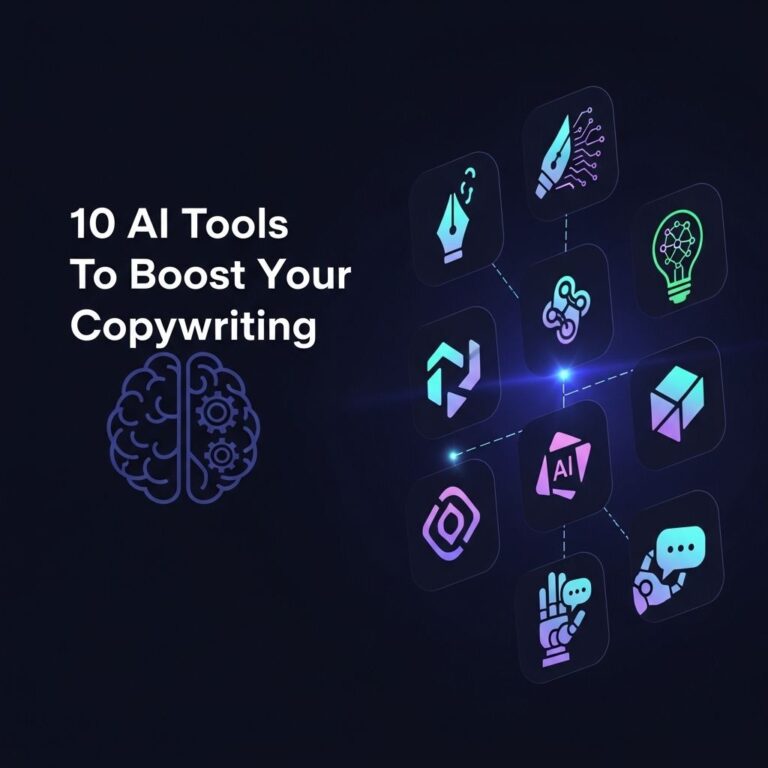Table of Contents
Introduction to Blogging
Blogging is a powerful tool for voicing your thoughts, sharing expertise, and connecting with audiences worldwide. Whether you’re a seasoned writer or just embarking on your journey, mastering the art of blogging can unlock your creative potential and open doors to numerous opportunities. In this guide, we will explore the fundamental elements that transform a simple blog into a thriving platform for expression, engagement, and growth.
Why Blogging Matters
In today’s digital age, blogging is more relevant than ever. It allows individuals and businesses to establish authority, increase visibility, and engage with a global audience. But beyond the metrics and analytics, blogging is about passion, storytelling, and continuous learning. When you blog, you’re not just sharing information; you’re inviting readers into your world, offering insights and perspectives unique to your experiences.
Benefits of Blogging
- Enhances Writing Skills: Regular blogging hones your writing abilities, enabling you to express thoughts with clarity and creativity. Over time, you learn the delicate art of balancing information with engagement, turning complex ideas into digestible content.
- Builds Credibility: Consistently providing valuable content can position you as a thought leader in your field.
- Networking Opportunities: Your blog can connect you with like-minded individuals and industry professionals. Networking through blogging opens the door to collaborations, guest posts, and opportunities that can further expand your reach and influence.
Developing a Unique Voice
Your unique voice is what sets your blog apart from countless others. It’s your personal touch that resonates with readers, leaving a lasting impression. To find your unique voice, consider your passions, values, and experiences. Reflect these in your writing to make your blog truly yours. A unique voice not only makes your content more relatable but also creates a loyal reader base who appreciate and crave your authentic perspective.
Tips for Finding Your Voice
- Read Widely: Expose yourself to diverse styles and genres to see what resonates with you. The wider your reading range, the more you can identify techniques and styles that align with your voice.
- Write Regularly: With practice, your voice will become more distinct and confident. Writing is a skill that flourishes with regular exercise.
- Invite Feedback: Constructive criticism from peers can provide valuable insights into your writing style. Feedback not only highlights areas of improvement but also boosts confidence in your unique approach.
Content Planning and Strategy
Successful blogging hinges on well-crafted content guided by a thoughtful strategy. Content planning ensures that your blogs are organized, topical, and aligned with your overall objectives. A strategic approach to content planning involves understanding your niche, aligning content with current trends, and being agile enough to adapt to industry changes.
Steps to Effective Content Planning
- Identify Your Audience: Understanding your readers’ needs and preferences allows you to tailor your content effectively. Consider reader personas and their specific desires and challenges.
- Set Goals: Define what you want to achieve with your posts – whether it’s driving traffic, generating leads, or educating your audience.
- Create a Content Calendar: A well-structured calendar ensures consistency and helps you track your progress. It allows you to balance spontaneous ideas with planned content, maintaining relevance and interest.
SEO Best Practices
For your blog to reach a wider audience, understanding and applying SEO best practices is crucial. This involves optimizing your content with relevant keywords, creating quality backlinks, and ensuring your website’s technical performance is up to par. By mastering SEO, your blog stands a better chance of ranking higher in search engine results, driving more organic traffic and enhancing online visibility.
SEO Tips for Bloggers
It’s important to start by researching keywords: Use tools like Google Keyword Planner or Ahrefs to find terms your audience is searching for. Ensure these keywords are naturally integrated into your content. Further, focus on quality, producing content that is not only informative but also engaging and well-researched. Utilize multimedia elements like images, infographics, and videos to enhance your content and make it more shareable. Additionally, ensure your blog’s design is user-friendly and mobile-responsive, as technical SEO aspects contribute significantly to your blog’s performance.
Engaging with Your Audience
Your audience is the lifeblood of your blog. Building a community around your content encourages return visitors and transforms casual readers into loyal fans. Engage with your readers through comments, newsletters, and social media. Encourage feedback and foster a two-way dialogue to build trust and rapport. Remember, an engaged audience not only boosts your credibility but also expands your reach as they share your content within their own networks.
Increasing Audience Engagement
- Respond to Comments: Take time to respond thoughtfully to comments left on your blog. This interaction shows you value your readers’ input.
- Create Interactive Content: Include quizzes, polls, or discussions that encourage participation in your blog.
- Utilize Social Media: Promote your blog posts across social media platforms to reach a broader audience. Engaging with followers on social media adds another layer of connection and communication.
Monetization Strategies
As your blog grows, you may explore monetization opportunities. While it requires dedication and strategy, blogging can indeed become a source of income. From ads to affiliate marketing, there are multiple avenues to explore. It’s essential, however, to maintain transparency and trust with your audience, ensuring that any monetization efforts align with your brand values and serve your audience’s interests.
Ways to Monetize Your Blog
- Affiliate Marketing: Promote products or services that you trust, earning a commission for every sale made through your referral.
- Selling Digital Products: Create e-books, online courses, or exclusive content that your audience can purchase.
- Sponsorships and Collaborations: Partner with brands that align with your niche, offering promotional content in exchange for compensation.
Conclusion: Embrace Your Blogging Journey
Blogging is a journey that requires perseverance, creativity, and a willingness to adapt and learn. Whether you blog for personal fulfillment or professional growth, the skills and connections you cultivate are invaluable. So, embrace the ups and downs, celebrate your milestones, and keep pushing the boundaries of what’s possible with blogging. Every post you publish has the potential to inspire, educate, and create change. Your voice matters, and with dedication, your blogging journey can be both rewarding and impactful.
FAQ
How often should I update my blog?
Updating your blog regularly keeps your audience engaged and improves your SEO efforts. Aiming for at least 1-2 posts per week is advisable, but quality should never be compromised for the sake of frequency. Your content should reliably provide value to your readers, whether you’re posting daily or bi-weekly.
What should I do if I’m experiencing writer’s block?
Writer’s block is common. Overcome it by stepping away briefly, engaging in activities that stimulate creativity, or seeking inspiration from other blogs and articles. Sometimes, changing your writing environment or adjusting your routine can offer fresh perspectives and rekindle your inspiration.
How do I measure the success of my blog?
Monitor metrics like page views, bounce rate, and engagement to gauge your blog’s performance. Tools like Google Analytics can provide valuable insights into what content resonates with your audience, helping you refine your strategy. Analyze trends over time, and don’t shy away from making data-driven adjustments to enhance your blog’s impact.
Can I make money from blogging?
Yes, blogging can be monetized through various methods such as affiliate marketing, sponsored posts, and offering services or products. However, it often requires significant time and effort to build a lucrative blog. Establishing a solid foundation of quality content and a loyal readership is key before exploring monetization options.









